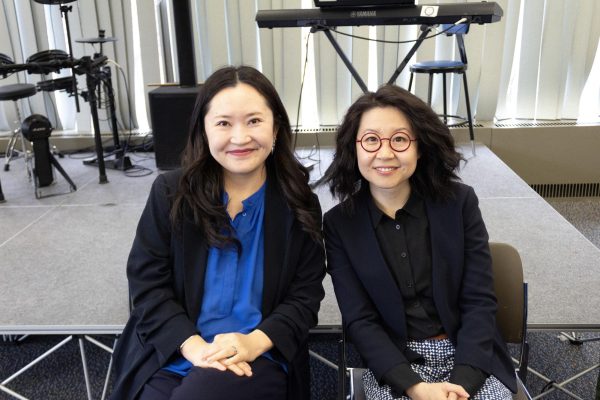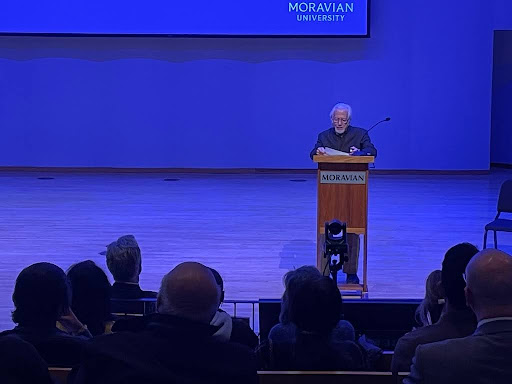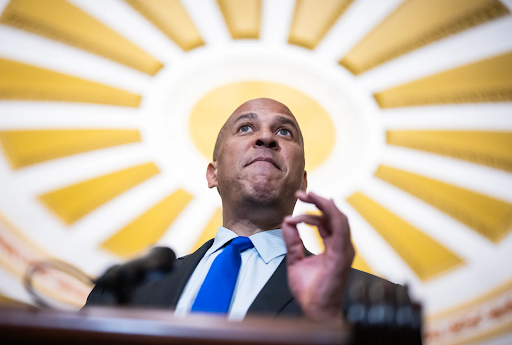USG Budget Cuts: Moravian Clubs Lose 10k in Funding

Credit: FreePik
Since the beginning of the semester, Moravian students have voiced concerns about decreased club budgets and how it can limit the scope of events and activities for the student body. United Student Government (USG) determines how club budgets are allotted two ways, either through a point-based system or exempt clubs, which are excused from that system and are determined by USG. Club sports are a common example of exempt clubs, as they tend to have larger budgets than other clubs.
Approximately $10,000 was cut from club budgets this semester, prompting some clubs to ask for discretionary requests for a larger budget.
At the October 11 USG meeting, The Tabletop club requested an additional $500 discretionary request for a trip to the Renaissance Fair, as bus fares had increased significantly since the previous years.
“It’s not so much the opportunity to have events; it’s the need to scale the events down [due to a low budget],” said Bard Bardelli ‘23. “For point-based clubs, it becomes imperative that they have events, but it becomes a contradiction because if they don’t have the budget, they can’t have events to draw in people to the club.”
Club budgets are either determined by a point system or are classified as exempt clubs. When budgeting, exempt clubs request a certain amount of money, and USG members can alter and decrease the original asking budget. Clubs that utilize the point system are based upon past performance of the club, with a higher frequency of events and club representative attendance at required USG meetings, increasing the likelihood of an increased budget.
USG receives its funding for club budgets from tuition money, so enrollment has a large influence on funding distributions.
“The class of 2026 is smaller than 2023, so when they graduate, the money [the university] is accruing from tuition is less overall because there are less people, and with tuition, there are student activity fees. As recent admissions have been smaller, a lot of it is out of everyone’s control,” said the president of USG and English and economics major Kyle Strubeck ‘23.
Internally, USG was not particularly affected by the decreased budget as their budget is decided last out of all of the clubs. USG tries to remain consistent with its individual budget as they do not want to constrain the budget for the next Executive Board.
“We had a lot of uncertainty going into the semester. We weren’t sure what admissions would look like, as they are a significant part of our budgeting process,” said USG representative Sean Cardinale ‘23, political science and history major.
The COVID-19 pandemic caused many clubs to decrease the number of activities and events they held, decreasing their budget spent and later decreasing the budget allotted to them. Many clubs also wanted to begin new initiatives due to greater freedom with the pandemic, causing a demand for more funds. The Habitat for Humanity Club wanted to complete another mission trip in light of pandemic restrictions decreasing and therefore was allotted an additional $500 to their budget after presenting their request to USG.
“In the process of assigning clubs money, we cannot give every club what they ask for because some clubs want to expand or deactivate. This year specifically, we had more of a normal year, but because of COVID-19, a lot of clubs didn’t get to do what they wanted to do before,” said Strubeck.
During the first week of school, many clubs brought up budget disputes and were granted additional budget allotments. If clubs wish to gain a larger budget, they are encouraged to attend a USG meeting with a discretionary request process with a presentation establishing the reason for the budget increase. The USG board will later vote on the budget and inform the club of its decision.
Clubs can also raise their own funds through fundraisers; however, they have to reach out to the Director of Civic Engagement, Gillian Sharkey, in the Center for Career and Civic Engagement Office to receive prior approval.
“[Going into the semester, USG] did not expect not knowing as much [about the budget.] We had a rough estimate [of fees] in previous years, but we exceeded those previous financial expectations,” said Cardinale.
The Business Office was exceptionally occupied at the end of the fiscal year and did not provide an accurate budget for USG, as it was very different from the previous year’s budgets. “We couldn’t guarantee what activity fees would look like, so we found an amount of money we could guarantee to allocate those funds to club budgets,” said Cardinale.
USG also takes into consideration how much yearly rollover there is from budgets. If a club asks for a budget increase when they spent less than half of their previous semester’s budget, their request will most likely be denied.






